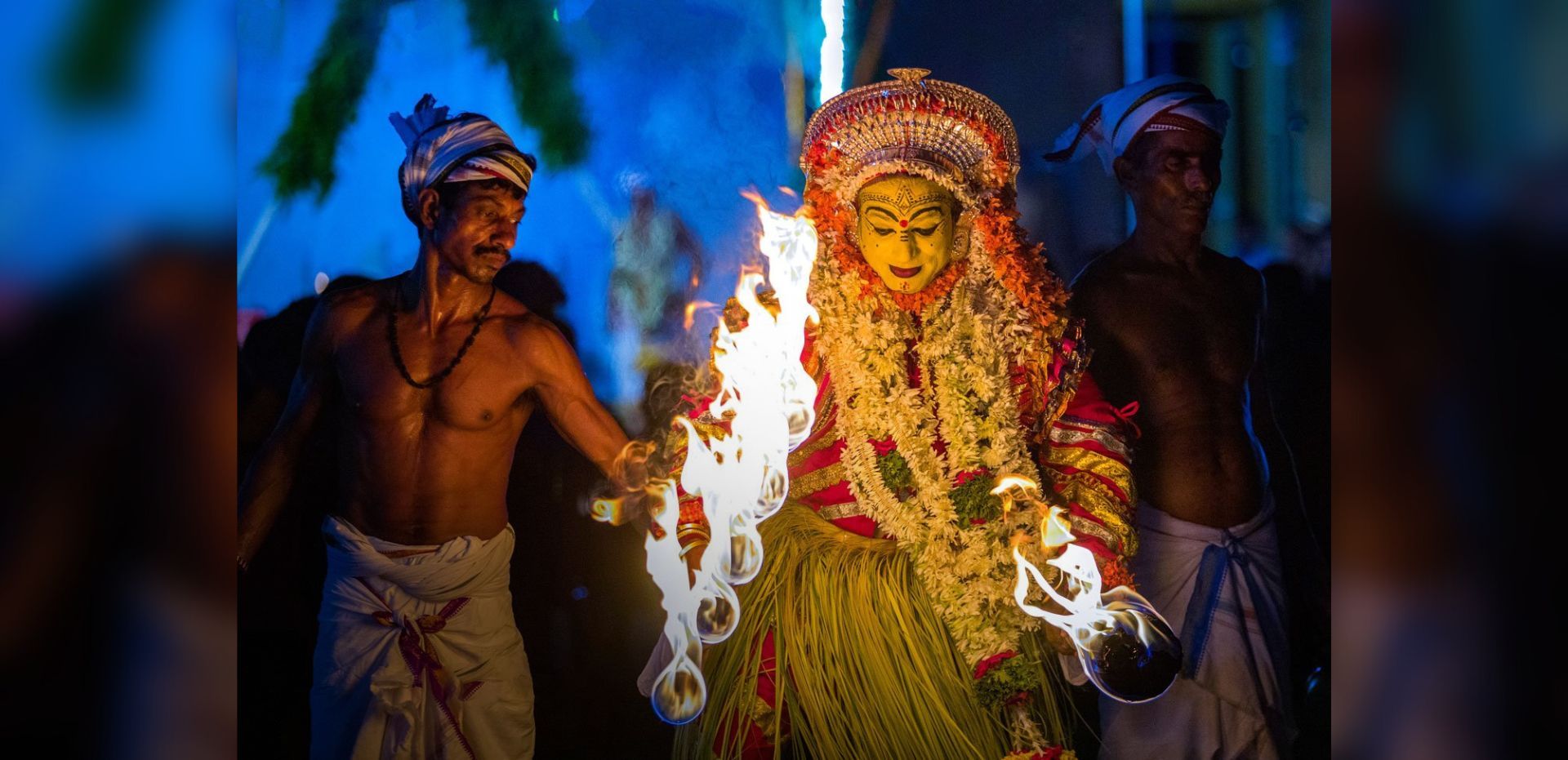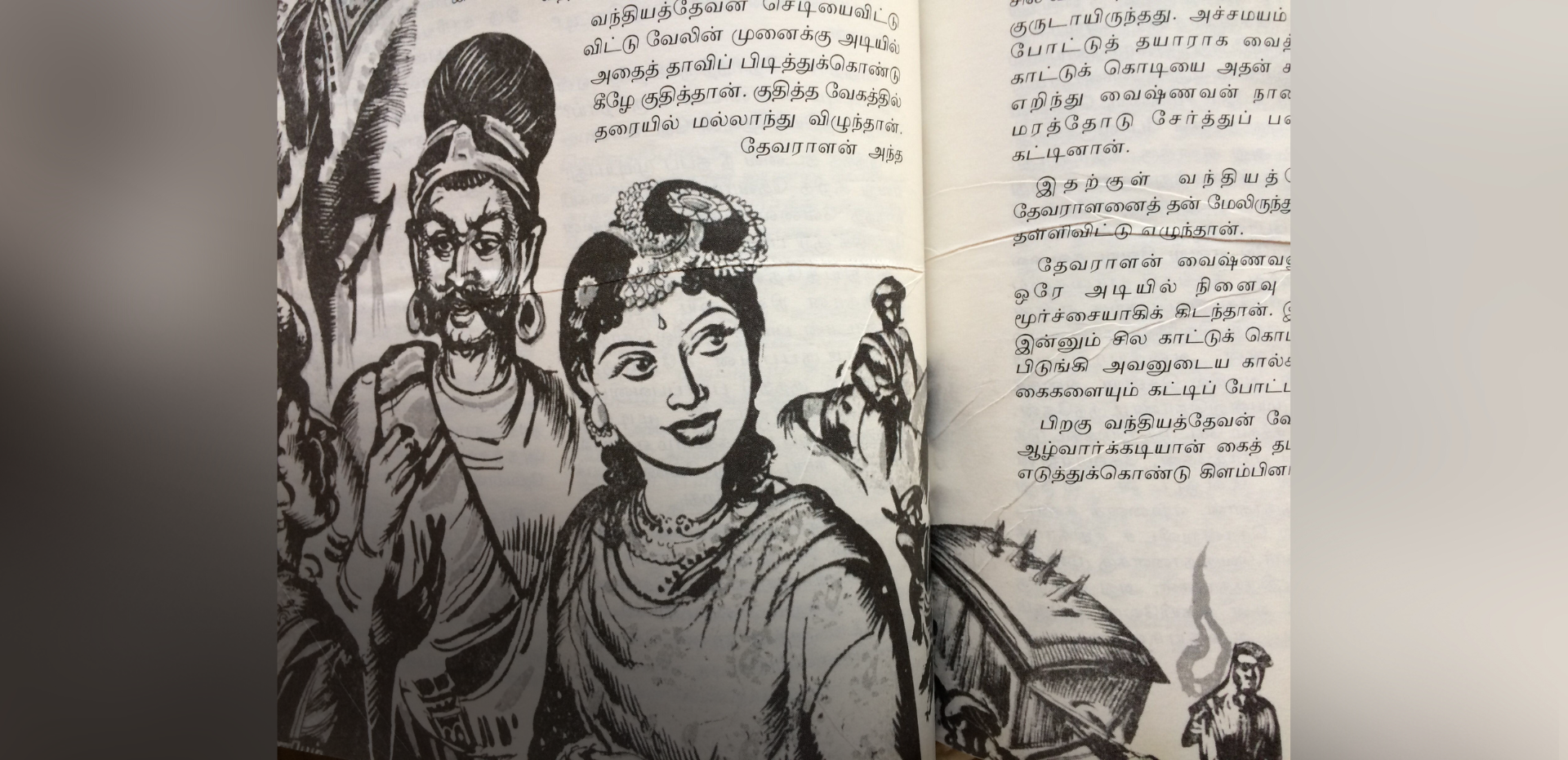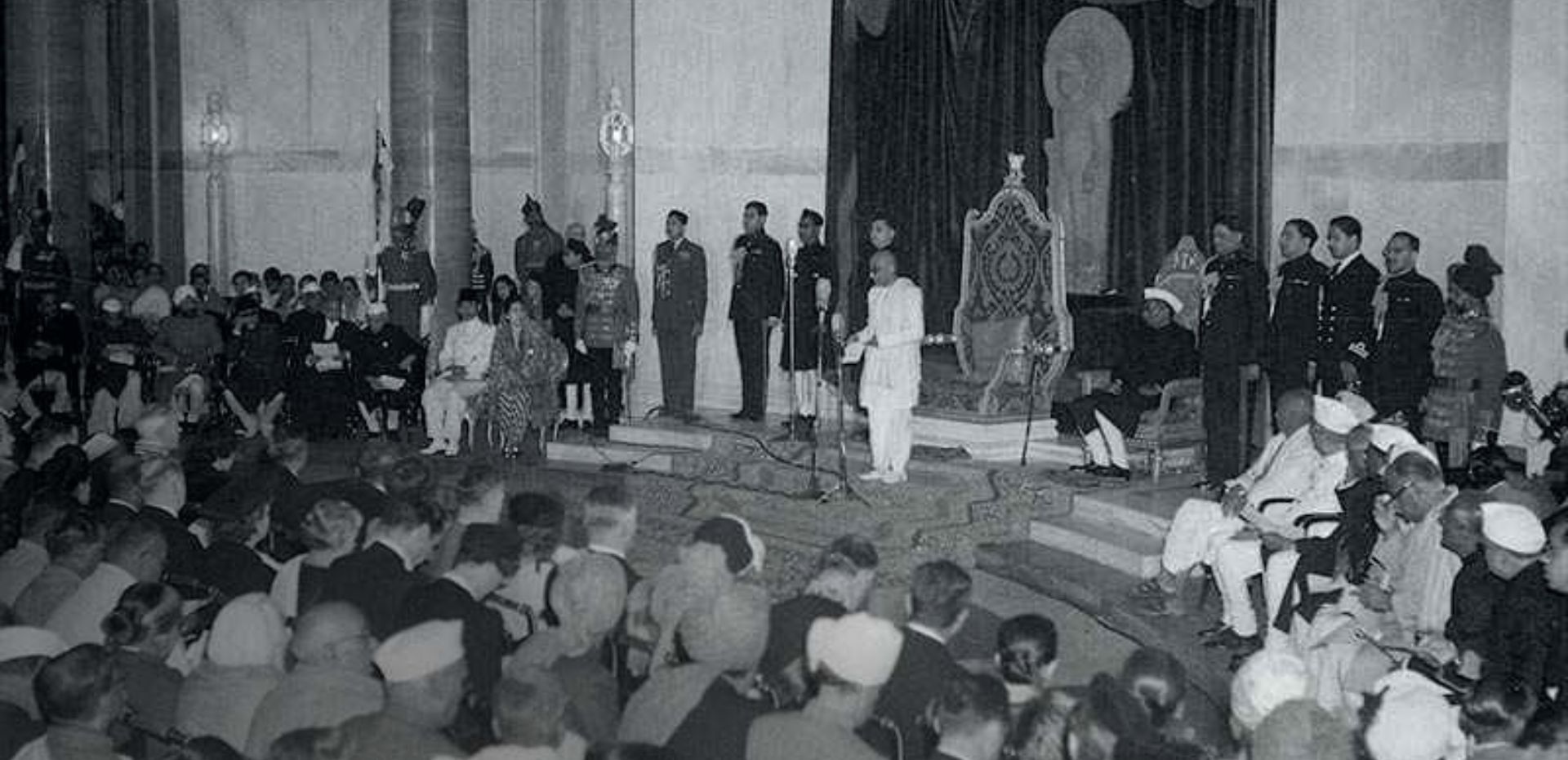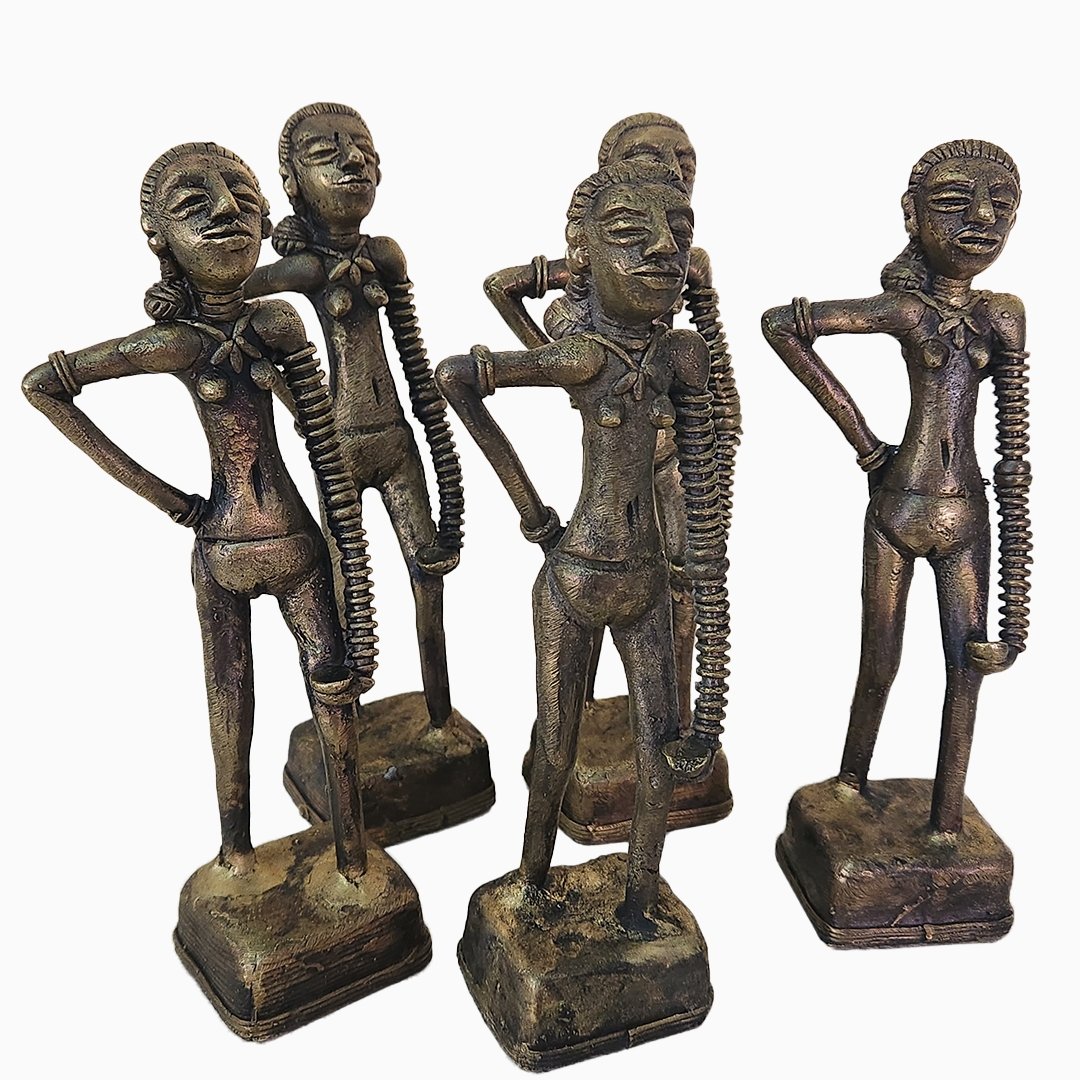Cornelia’s Fight
BOOKMARK
There are few stories that can inspire you and frustrate you at the same time. The story of Cornelia Sorabji is one such. The first woman to matriculate from the Bombay University, the first Indian woman to graduate from a British university, the first woman lawyer of India. Cornelia Sorabji’s life was full of firsts but it was also full of hurdles as she took on patriarchy, like no one had done before. It is amazing how the world conspired to keep Cornelia out, and it's even more spectacular to see how she fought back!
In the late 19th century professional opportunities for women were very limited in Victorian England and India. Gender roles were sharply defined. Women did not have the right to vote or own property. They also couldn't pursue a career they wanted and earn a decent living.
Cornelia Sorabji was born on 15th November 1866 in Nasik. Fifth in a family of seven girls and one boy, her parents were advocates of education and women empowerment. Her mother held a respectable position in Poona where she founded four schools. While her father, Reverend Sorabji Karsedji who had converted to Christianity, also had to face social isolation from the Parsi community.
Cornelia’s father taught her up to the level of matriculation, but the University of Bombay (Mumbai) refused to allow her to sit for her matriculation exam as she was a woman. After much lobbying, she was allowed to join the Deccan college of Pune, to study English literature. As the only female among 300 male students, Cornelia faced a lot of hostility and pranks. Doors were actually slammed on her face at times when she went to attend lectures! Despite this, her brilliance shone through. Cornelia finished a five year Latin course in a single year and won the college scholarships every year. In 1887, she was the top student at Deccan college and one of just four students of the University of Bombay to get a first-class honours degree. She became the first woman to graduate from the University of Bombay.
As a University topper, Cornelia was eligible for a Government of India scholarship to study in England and she was really keen to study at Oxford. However, this scholarship was denied to her as she was a woman. Cornelia wrote to parliamentarians in England against this injustice and several prominent Britishers took up her cause. Some British women, led by Florence Nightingale, the founder of modern nursing, even put together funds in lieu of the scholarship, she did not get because she was a woman. With this financial assistance, Cornelia reached England on 19th September 1889.
But Cornelia faced a push back here too. While she had hoped to study law at Somerville College at Oxford, she was denied admission and asked to study English Literature instead as it was considered ‘more suitable’ for women. Cornelia had no choice but to study English Literature. However, her achievements had made her a mini-celebrity at Oxford. Among her friends was noted Sanskrit scholar, Max Muller. She also developed a close friendship with Benjamin Jowett, an adm ...















